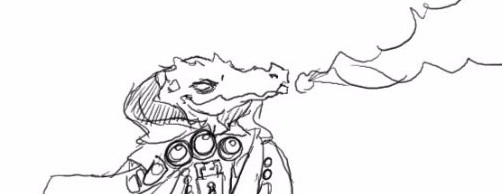

Unless there’s a bug. Then it is my code and I have to fix it. Immediately. No, I don’t want to discuss my thought process for “why I made that decision” I want to fix it. Why are we having a chat about milk pouring technique while it is dripping off the fucking table. Prod is burning and you want to fiddle! (Meanwhile this is a minor bug that nobody has ever actually complained about but just the knowledge that it was my fault…)




Respectfully, I can easily see a shared workplace at least encouraging screwing over customers. To me its an even more intense instance of the shareholder problem. Shareholders are obsessed with the money they’re getting back with no real work but the risk inherent in the bet they made. The workers are working, for a livelihood, and of course will want to improve their quality of life. They’re even more motivated to do so. And some of the best ways to do that, in the “make monkey brain happy” obvious short-term are the same policies the shareholders are already pushing. Will there be some pushback? Definitely, but you only have to sell a bunch of people on short-term easy money. And the lottery isn’t popular because people are smart about this stuff.